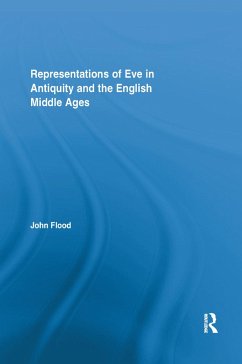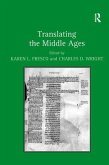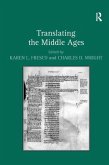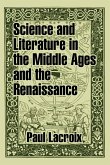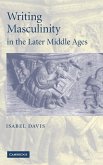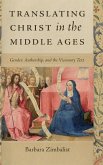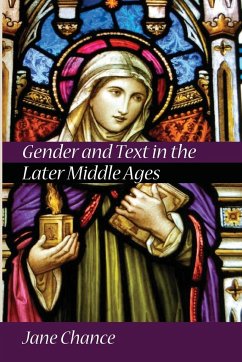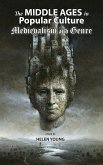As the first woman, Eve was the pattern for all her daughters. The importance of readings of Eve for understanding how women were viewed at various times is a critical commonplace, but one which has been only narrowly investigated. This book systematically explores the different ways in which Eve was understood by Christians in antiquity and in the English Middle Ages, and it relates these understandings to female social roles. The result is an Eve more various than she is often depicted by scholars. Beginning with material from the bible, the Church Fathers and Jewish sources, the book goes on to look at a broad selection of medieval writing, including theological works and literary texts in Old and Middle English. In addition to dealing with famous authors such as Augustine, Aquinas, Dante and Chaucer, the writings of authors who are now less well-known, but who were influential in their time, are explored. The book allows readers to trace the continuities and discontinuities in the way Eve was portrayed over a millennium and a half, and as such it is of interest to those interested in women or the bible in the Middle Ages.
Hinweis: Dieser Artikel kann nur an eine deutsche Lieferadresse ausgeliefert werden.
Hinweis: Dieser Artikel kann nur an eine deutsche Lieferadresse ausgeliefert werden.

